No products in the cart.
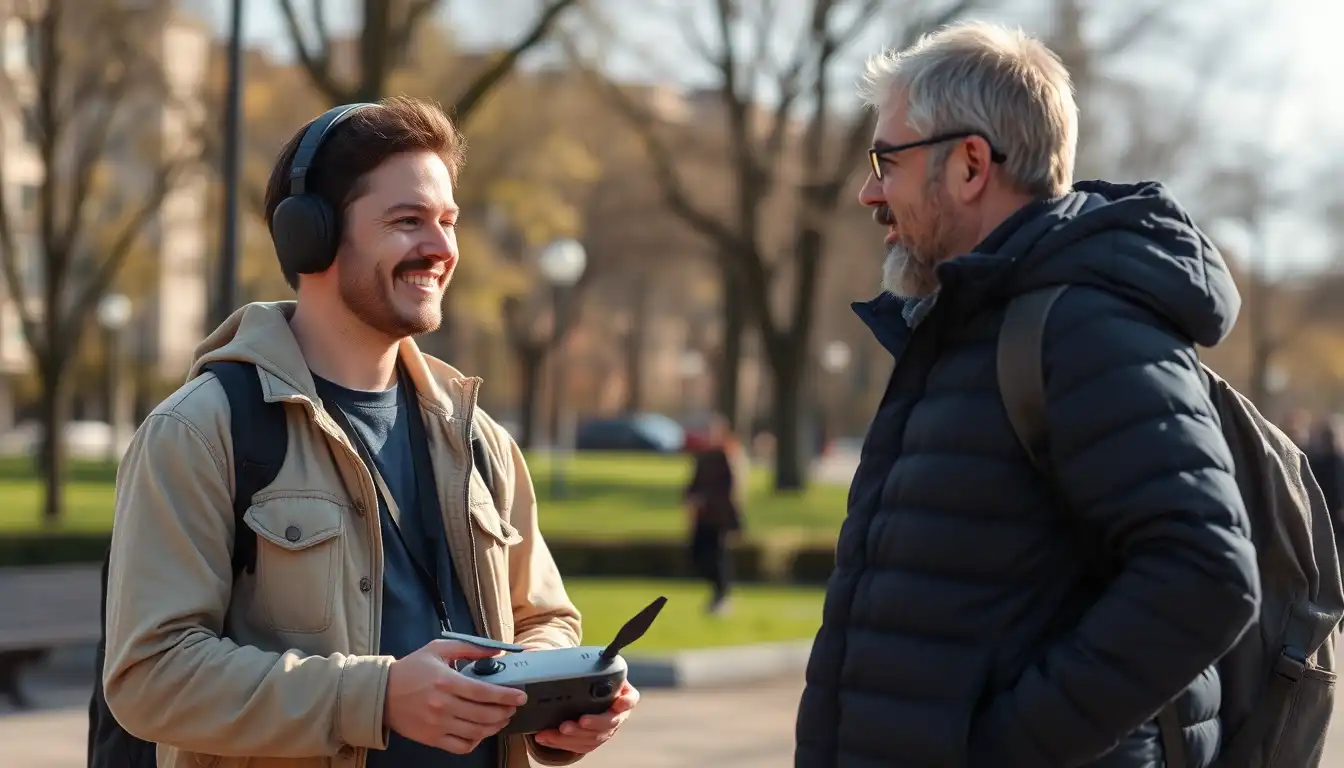
Handling Complaints: A Drone Pilot’s Guide to Dealing with the Public
Introduction
Even when you’re flying perfectly within the law, a curious or concerned member of the public might approach you. Knowing what to do if someone complains about your drone is an essential skill for every pilot. This guide will help you navigate handling drone complaints calmly and professionally, covering everything from drone flying etiquette, how to talk to police about drone, drone safety tips for the public and drone privacy laws India to your legal drone pilot rights and responsibilities during such an interaction. Staying calm and informed is the key to resolving the situation positively. Let’s prepare you for that conversation. Flexnova is here to back you up.
First, Stay Calm and De-escalate
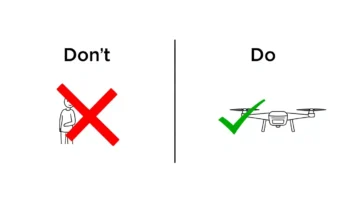 If someone comes to you with a complaint, your first reaction sets the tone. Do not get defensive or start an argument. Instead, focus on de-escalating the situation.
If someone comes to you with a complaint, your first reaction sets the tone. Do not get defensive or start an argument. Instead, focus on de-escalating the situation.
- Land Your Drone Safely: The first thing you should do is bring your drone back and land it safely. This immediately shows that you are taking their concern seriously. It also removes the source of their anxiety.
- Be Polite and Listen: Let the person fully explain their concern without cutting them off. They might be worried about privacy, safety, or just be curious. Show you understand by saying things like, “I understand your concern.”
- Don’t Assume Malice: Most people are not trying to be difficult. They are simply not familiar with drones and might be acting out of fear or a need for information. In most cases, a simple chat can solve the problem.
Know Your Rights and Explain Them Clearly
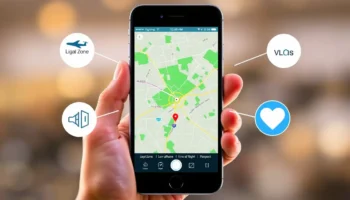 Once you have listened, you can calmly explain your side. This is where knowing the **DGCA rules** is crucial. Being prepared with the facts helps you handle the situation effectively.
Once you have listened, you can calmly explain your side. This is where knowing the **DGCA rules** is crucial. Being prepared with the facts helps you handle the situation effectively.
- “I Am Flying Legally”: Tell them that you have checked the official Digital Sky platform. Explain that you are in a Green Zone where flying is permitted. This proves you are a responsible pilot.
- “I Follow Safety Rules”: Mention that you are following all key rules. This includes flying under 120 meters, keeping the drone in sight, and not flying over people. These are core **drone safety tips for the public** that they will appreciate.
- “I Respect Privacy”: Assure them that you are not intentionally recording anyone. Explain that you are focused on taking photos of the landscape or a specific subject. Show that **respecting privacy with a drone** is a key part of your responsibility as a pilot. For example, you can tell them you are not flying low over private homes.
What to Do If the Police Are Involved
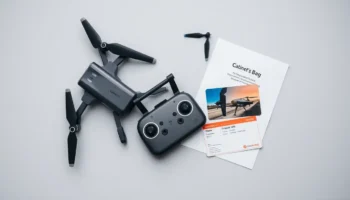 If a person calls the police, or an officer approaches you, it’s time to be very professional. Knowing **how to talk to police about drone** flying is critical for a smooth outcome.
If a person calls the police, or an officer approaches you, it’s time to be very professional. Knowing **how to talk to police about drone** flying is critical for a smooth outcome.
- Remain Respectful and Compliant: Be polite and answer all questions calmly. Do not argue. Your calm behavior will help the situation.
- Show Your Documents: Be ready to show your drone’s Unique Identification Number (UIN) and your Remote Pilot Certificate (RPC) if you have one. This is the most effective way to prove that you are a legal operator and not engaged in **drone flying without permission**.
- Show the Digital Sky Map: Use your phone to pull up the Digital Sky map. Show them that you are in a Green Zone where flying is allowed. This provides clear proof that you are following the rules.
- Explain Your Activity: Briefly and clearly explain what you are doing. For example, say, “I am taking aerial photos of the park for my personal hobby.”
For a complete refresher on your legal standing, our guide on your rights and responsibilities as a drone pilot is invaluable.
How to Prevent Complaints in the First Place
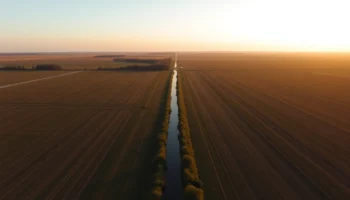 The best way to handle **handling drone complaints** is to avoid them entirely. By following a few good practices, you can fly without issues.
The best way to handle **handling drone complaints** is to avoid them entirely. By following a few good practices, you can fly without issues.
- Choose Your Location Wisely: Fly in wide-open spaces. Stay away from crowds, private homes, and sensitive areas. Our guide on flying in public areas can help you pick a good spot.
- Be Mindful of Noise: Drones can be noisy. Avoid flying for a long time near people who are trying to enjoy peace and quiet.
- Ask for Permission: If you want to fly near private property, it is best to ask for permission first. This can completely avoid a potential **police complaint against drone** activity.
- Educate and Share: If people are curious, show them the footage on your screen. Turning a confrontation into a friendly educational moment can change their minds about drones.
FAQs on Dealing with Drone Complaints
Can someone sue me for flying my drone over their property?
Potentially, yes. If you are consistently flying low over someone’s property, they could have a reason for a complaint. This is especially true if you are looking into windows. This is why avoiding **drone flying over private property** without consent is a main rule. The key is to fly high enough and in a way that does not bother the privacy of others.
What if I’m actually in the wrong and flying where I shouldn’t be?
If you realize you have made a mistake, the best thing to do is to say you are sorry. Land the drone right away. Explain that it was a mistake. Being honest is always the best policy. It can often prevent the situation from getting worse.
Where can I find official legal advice for a serious complaint?
This blog offers general tips based on DGCA rules. For specific **drone flying legal advice** about a formal complaint, you should talk to a qualified lawyer. They should specialize in aviation law or general Indian law. The official UAV Coach overview of Indian drone laws is also a good resource for understanding the legal rules.
What are the no-fly zones I should absolutely avoid?
Flying in certain areas is strictly against the law. It will almost certainly lead to a serious complaint and legal action. These areas include those near airports, military bases, and other key places. Learn about the 5 critical no-fly zones in India to avoid major trouble.

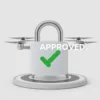
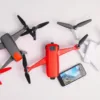
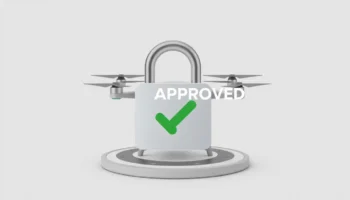
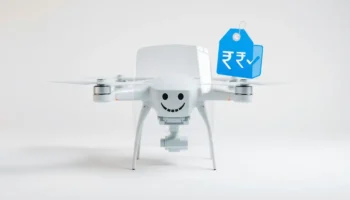
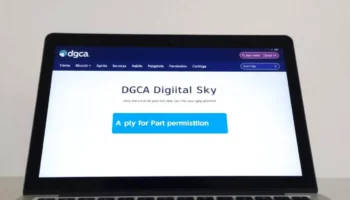
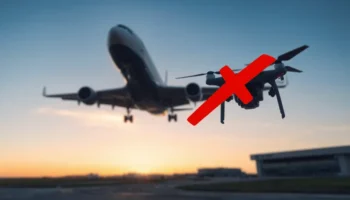
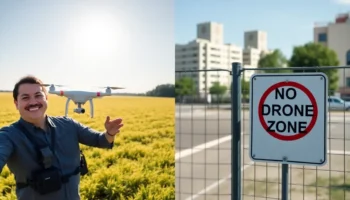
Add comment
You must be logged in to post a comment.